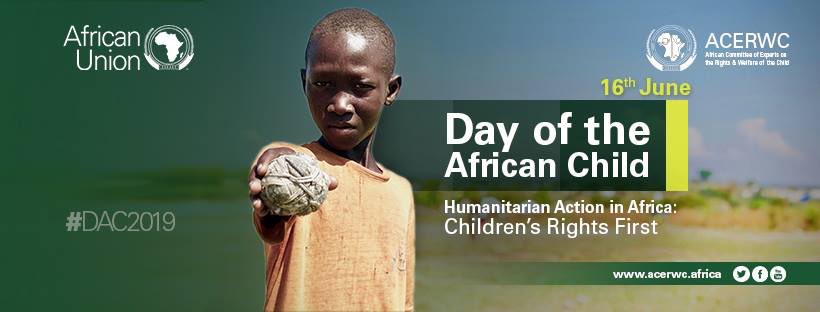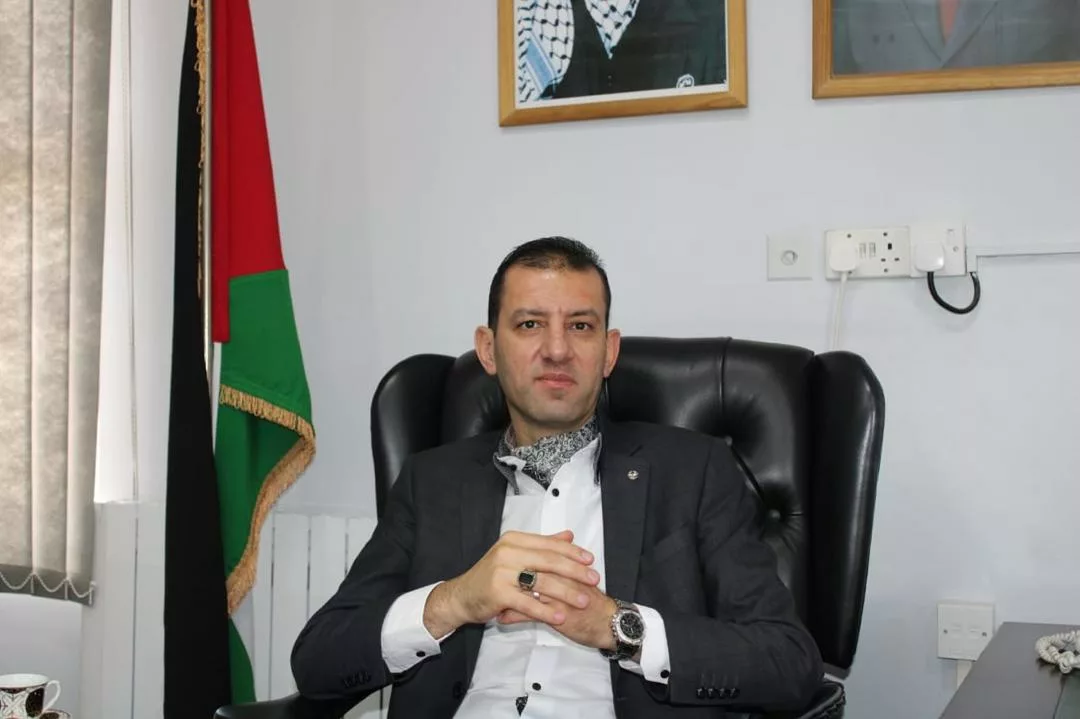By Kumbirai Mafunda
Zimbabwe Lawyers for Human Rights (ZLHR) joined the rest of Africa to commemorate the Day of the African Child, set aside by the African Union (AU) with a call for the government of Zimbabwe to put children’s rights first in order to alleviate the devastating impact of humanitarian situations.
Commemorated every year on 16 June, the Day of the African Child was first initiated by the Organisation of African Union, now the African Union, in 1991. It honours those who participated in the Soweto uprising in 1976 on that day. It also raises awareness of the continuing need for improvement of the education provided to African children.
In 2019, the day was commemorated under the theme Humanitarian Action in Africa: Children’s Rights First. The theme places an emphasis on the protection of children’s rights when conceptualising and implementing any humanitarian actions, and should accordingly, be prioritised during humanitarian situations.
Children on the African continent endure severe consequences of conflict, including civil conflict, tension, strife, hunger, starvation and other humanitarian crisis caused by natural disasters.
In Africa, humanitarian situations have triggered human rights violations such as lack of access to education, health care, food, safe, clean and potable water, sanitation and nutrition. Children have also fallen victim to sexual abuse and exploitation, including through forced child marriages among other vices.
There is an urgent need for all African governments, to put in place, forthwith, measures to protect children’s rights as provided in the African Charter on the Rights and Welfare of the Child. This instrument compels member states, such as Zimbabwe to uphold the rights and welfare of the children.
In Zimbabwe, the dire humanitarian situation arising from a failing economy, poor service delivery, if at all provided, and the devastating impact of natural disasters such as Cyclone Idai that ravaged some parts of Zimbabwe, is compromising the realisation of children’s fundamental rights. Further, the El-Nino induced drought and resultant food shortages will further worsen the plight of children, especially those in marginalised and economically disadvantaged communities. Child headed households, orphans, children living with disabilities and other vulnerable children will continue to be on the receiving end.
These pertinent concerns suggest that despite the adoption of a progressive Constitution, which explicitly guarantees children’s rights, the government is not doing enough, in practice, to ensure the realisation of the rights of children under its jurisdiction.
ZLHR therefore calls upon government to;
➢ Adopt policies and measures, review and immediately align the Children’s Act with the Constitution and incorporate the best interests of the child as paramount in all matters concerning the child
➢ Implement mechanisms that seek to protect children from humanitarian crisis and any form of maltreatment.
➢ Implement the much needed, economic and complimentary political reforms to mitigate and or prevent the occurrence of any humanitarian crisis caused by bad governance.
➢ Increase momentum for the realisation of children’s rights before, during and after the occurrence of humanitarian emergencies and crisis.






